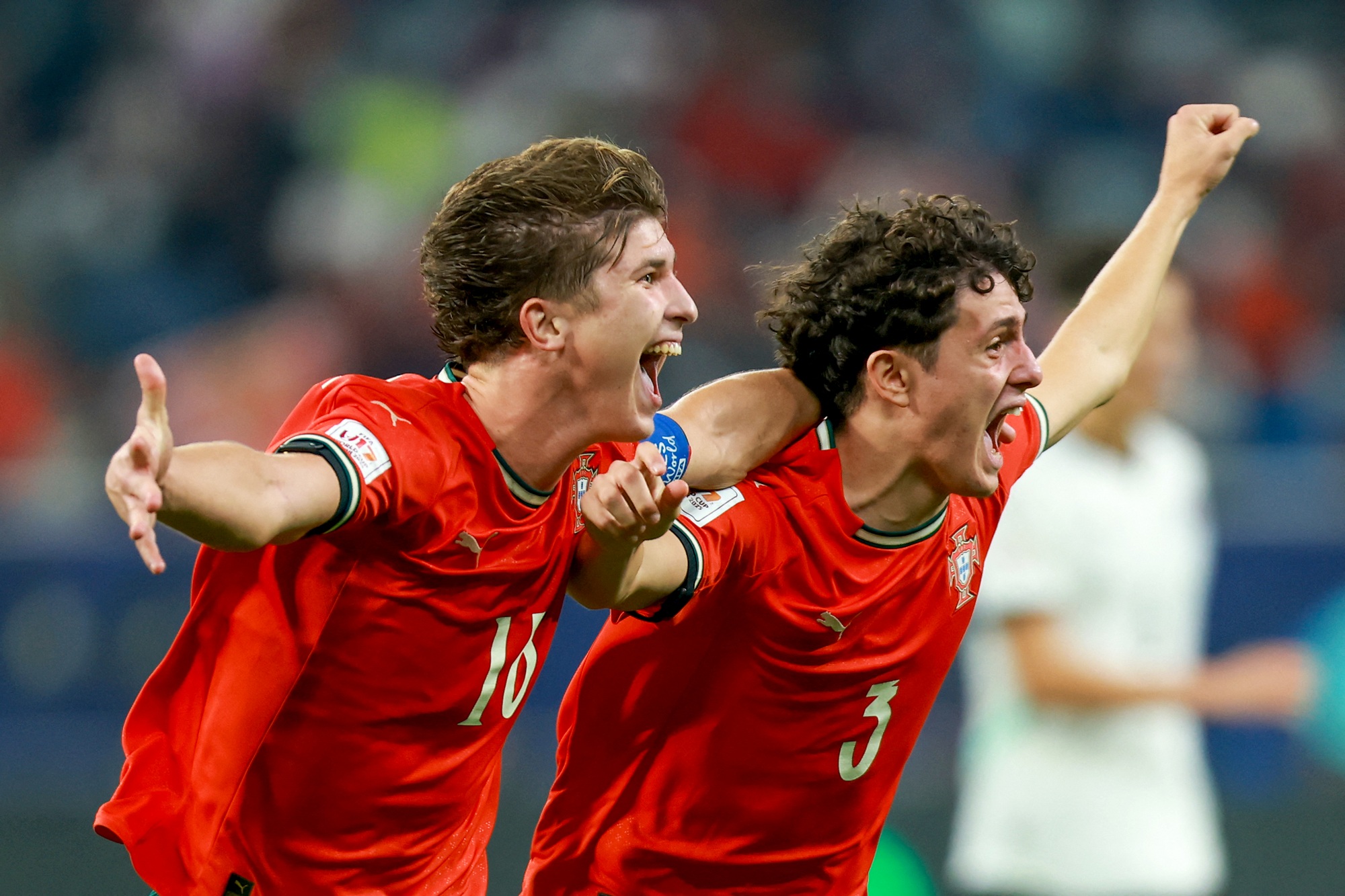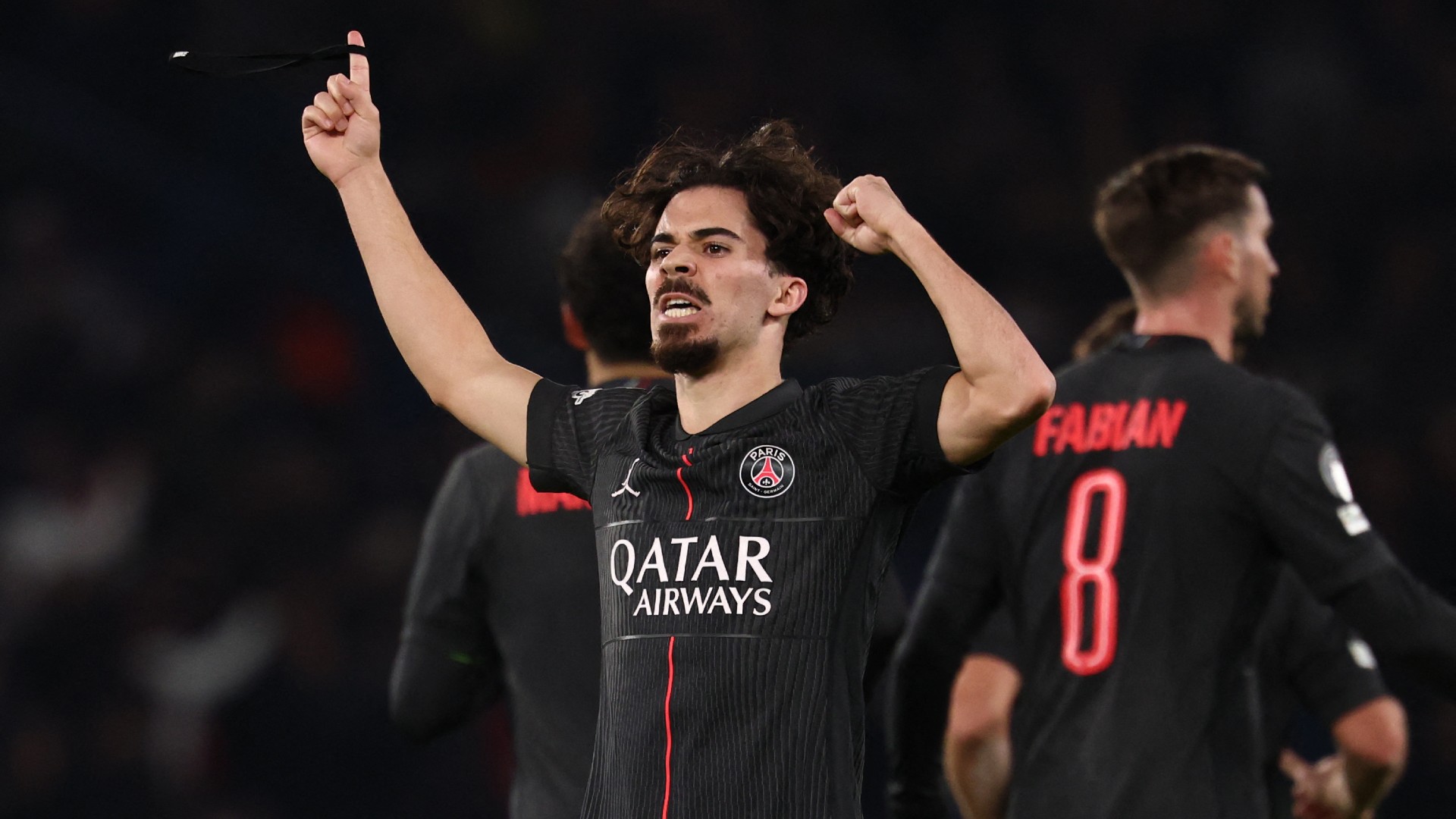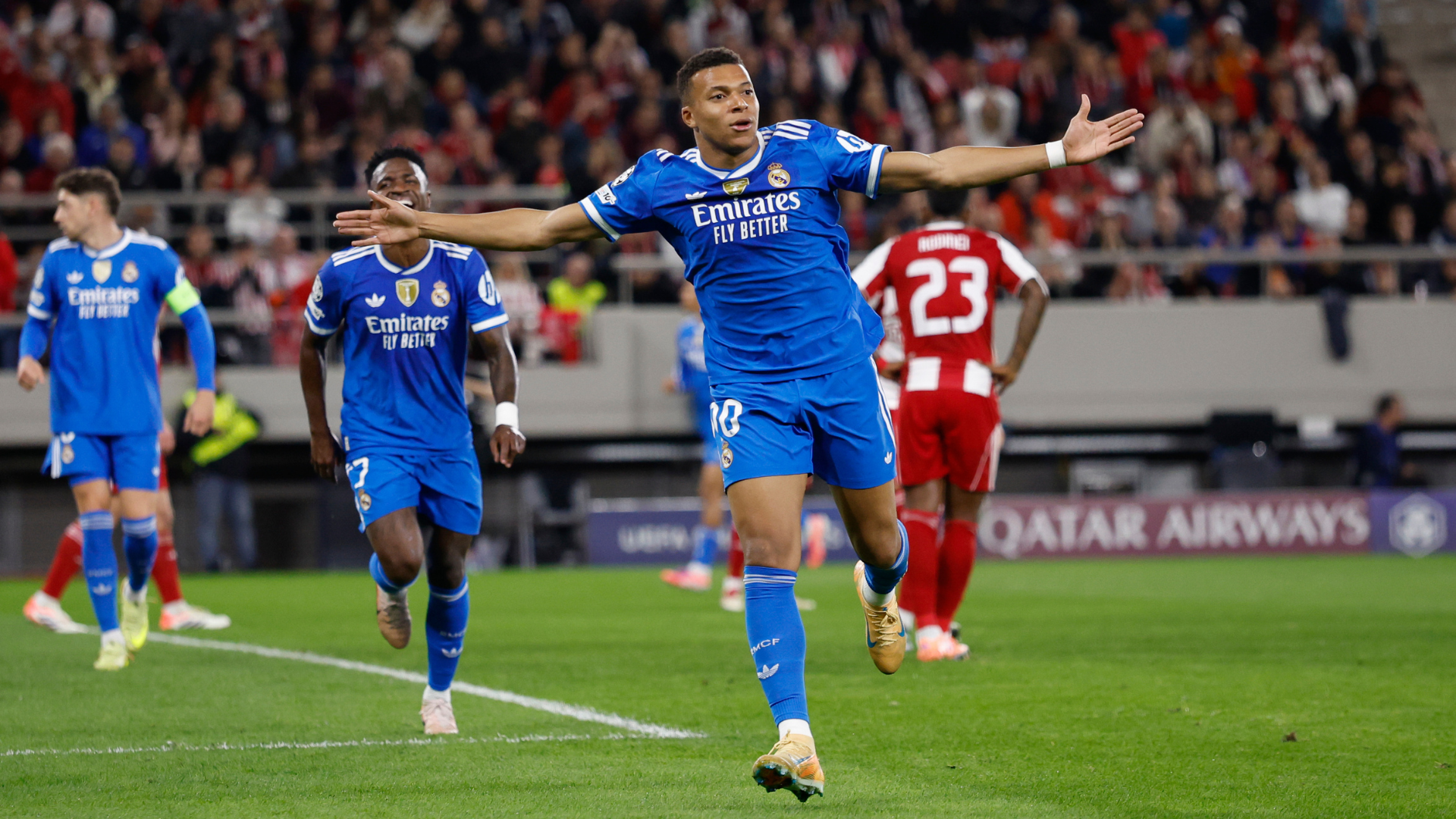The Inside Story of Qatar Winning the 2019 Asian Cup
Qatar lifted the Asian Cup in 2019 against the odds, beIN SPORTS looks back on the historic victory in the UAE
February 1, 2019, will be a date etched in the annuals of footballing history, as Qatar lifted the Asian Cup for the first time in perhaps one of the most dramatic footballing stories in recent years.
From self-imposed social media bans to dutiful preparation games, and the creation of a special bond between coach and players, all against the backdrop of political turmoil. Qatar winning the Asian Cup according to one QFA official “could have a film written about it.”
Qatar’s journey to the Asian Cup started with the departure of Jorge Fossati; a veteran coach who preferred to use nationalized players in his squad. The QFA made it clear to Fossati they wanted to go in a new direction, with younger players who had come through the ranks at youth level. Fossati left his post and the job was quickly handed to unknown U-23 boss Felix Sanchez.
The Spanish coach had managed the U-19 AFC Championship-winning side in 2015 and guided the U-23 side to the semi-finals on home soil in 2016. The former La Masia man had fast gained a reputation as a talented coach and diligent man manager, who formed a close bond with the younger players that would make up his senior side.
“After managing different youth teams with Qatar, it was a great opportunity to join the national team, it was the last step coming from the bottom and arriving at the top. A big opportunity for us and a test for us to show we are capable of managing a first team” explains Sanchez when speaking with beIN SPORTS on his journey with Al Annabi.
Sanchez, who counts Pep Guardiola and Jurgen Klopp as his managerial idols quickly chose players he worked closely with for over a decade at youth level. It was these relationships and the ability to blend young talent and experienced players in a side that was the cornerstone of Qatar’s success at the Asian Cup.
“Felix is like a father to these players he knew them from very young such as Asim Madibo, Akram Afif, Almoez Ali he treats them like they are his own kids. It was great, it helped us to keep the players united and with Hassan Hayddos and Abdulkarim Hassan and all these young players, we have a solid team. We have a mixture between these experienced players and young generation and Felix did a great job to get the best formation for each game” explains national team media officer Ali Salat.
The biggest test for the new coaching staff was convincing the senior players to buy into the vision, something according to Sanchez was a smooth process.
“I think to have a lot of the players with us for such a long time it was important, at the end of the day they know the way we want to do things and you don’t have to start from zero. It was an advantage for us, and you’re not staring with a new team and they helped us in the new stage with the national team.”
“All the group, even the ones who started with us for the first time they had a big commitment and tried so hard from the very beginning.”
Sanchez went about prepping his team carefully, handpicking friendly games against European and South American opponents to develop his squad for the long term, something that immediately impressed the hierarchy at the QFA.
“Games against Switzerland and Ecuador formed a part of our preparation for the Asian Cup and Copa America the following summer, it was important to test the players with different playing styles. This was a strategy brought in by Felix, to carefully pick our friendlies and it was a success and gave us the confidence in our preparation for the Asian Cup” admits Salat.
A 4-3 win against Ecuador and a 1-0 victory against a second-string Switzerland side hardly raised eyebrows internationally, but there were signs Qatar could produce an upset at the Asian Cup - although heading into the 2019 edition with a young side and a coach with no experience of senior men’s football, expectations were low.
“I didn’t think we would progress that far. Being in the semi-final would have been an achievement with this young team. With the circumstances we went to the Emirates, we just wanted to show we are a good team who can compete” adds Ali Salat when asked about his own feelings of the side prior to the tournament.
Those "circumstances" refer to political tensions between Qatar and the UAE, Saudi Arabia, Bahrain, and Egypt, which resulted in a blockade of the country since June 2017, meaning direct travel to those nations is not allowed. A once 45-minute flight to the UAE is now a six-hour journey via a stop in Kuwait.
“I think the situation gave us extra motivation, there were things which were not fair and equal for everyone and I think the players this gave the players extra motivation” added Sanchez when asked about the impact of playing the tournament in the UAE.
Qatar took on Lebanon in their opening game of Group E, initially struggling against the Cedars before a thumping free-kick from Bassam Al-Rawi and a late goal from Almoez Ali handed Al Annabi a 2-0 win. This was quickly followed by a resounding 6-0 victory over North Korea, in which Almoez added a further four goals to his haul.
Blockade Derby – Round 1
The final group game was a straight shootout for the top spot in the group, and it was against one of the blockading nations Saudi Arabia in the UAE capital Abu Dhabi - a first test of the national team’s credentials in the Asian Cup.
While social media buzzed and the game gained notoriety as the “Blockade Derby” Qatar kept focused on the task at hand. Training each day and looking towards the round of sixteen, publicly at least playing down the prospect of playing Saudi Arabia. Privately, the players had earmarked the game as a must-win even before the victories against Lebanon and North Korea, although now with the momentum they felt the moment was right.
Qatar pressed on with their brand of football, and eventually won a penalty five minutes from the break as Almoez Ali was tripped in the box, Hassan Al-Haydos stepped up only for keeper Mohammed Al-Owais to save the spot-kick.
Football has a funny way of changing on single moments. Saudi defenders Mohammed Al-Fatil and Ali Al-Bulaihi had a lapse in concentration which was immediately pounced on by Almoez Ali who drilled the ball into the bottom corner and promptly smashed the corner flag in a moment of unadulterated joy. Qatar had an all-important lead to take into the second half.
Sanchez’s side lived on the edge in the second half diligently defending and looking to strike on the counter. Almoez nodded in his second goal of the game and seventh of the group stages ten minutes from time to put the contest beyond the reach of the Saudis.
The full-time whistle was greeted by a chorus of boos from the fans who elected to stay. Qatar players ran to a small corner of Omani fans who dashed across the city after their win against Turkmenistan to cheer on their neighbours.
“The Omani fans played a big part in this competition since we started against Lebanon they were supporting us they played a big part in motivating the players in the stands” admits Salat when asked by beIN SPORTS on the impact of the Omani support.
The knockout phases were yet another new test for the maroons, a challenge which they rose to. The round of sixteen and quarter-finals saw nervy 1-0 victories over Iraq and South Korea. Qatar elected to concede procession needing late goals from Bassam Al-Rawi and Abdulaziz Hatem. It seemed like fate, but Qatar was to face hosts UAE for a place in the Asian Cup final. Time for the blockade derby part two.
Blockade Derby – Round 2
For Sanchez and his team, focus was the watchword, demanding 100% commitment to the cause in the training sessions in the build-up to the game. Players elected to stay off social media in the days before the games to concentrate on the task at hand.
“The game against the UEA and the reaction to that showed that the players were very focused on their work at the end of the day they showed a professional behaviour really to focus on the field and not focus on what was happening around” added Sanchez when asked about the mental pressure of the players heading into the semi-final.
It certainly paid off as Qatar produced their best football of the tournament to knock out the hosts with an emphatic 4-0 win. Keeper Khalid Eisa flapped at Boualem Khoukhi’s shot to hand Qatar an early advantage before Almoez drilled home a second just after the half-hour mark. The home crowd reacted badly and threw sandals and water bottles as Almoez gleefully celebrated.
Ten minutes from time, Hassan Al-Haydos found himself one on one with the keeper and calmly chipped Khalid Eisa to put the contest beyond doubt. A deserved goal for the Qatar captain, who had been working tirelessly off the ball throughout the contest. Substitute Hamad Ismael rubber-stamped the victory with a late goal and spawned hundreds of meme’s as Qatari fans revelled online in the four-goal win.
The Final
An Asian Cup final was unprecedented territory for Qatar. The contest was only eleven minutes old when Almoez Ali scored a spectacular opener, taking two touches before a bicycle kick into the corner. A fairytale goal and a finish so unworldly that Almoez himself couldn’t have dreamt it. A ninth goal in the tournament for Almoez to break Iranian striker Ali Daei’s long-held record for most goals in an Asian Cup.
It didn’t stop there as Abdulaziz Hatem smashed in a long-range screamer to fire Qatar 2-0 up. Japan pulled a goal back in the 68th minute as now Liverpool striker Takumi Minamino scooped the ball over goalkeeper Saad Al Sheeb to set a grandstand finish. The tide turned and Japan pushed hard to find parity, however, VAR had a vital say in the destination of the Asian Cup.
After a lengthy review, Maya Yoshida was deemed to have handled the ball in the area and Qatar were awarded a penalty. With Hassan Al-Haydos already off the pitch, Akram Afif stepped up and slotted the ball home to hand Qatar a maiden Asian Cup crown in the most unlikely of circumstances.
The Celebration
The outpouring of emotion began immediately for Ali Salat at full-time.
“Everyone saw me crying on TV, something I cannot explain it was really emotional. I have waited for 12 years for this moment since starting with the QFA, to see my country to be at the top of Asian football.”
“It was something that was really awesome for the players, the coach, the staff for the people of Qatar the way they supported with their hearts with the messages on social media, the phone calls everything Qatari, non-Qatari they were the best support.”
As for Sanchez, he looks back at the tournament with immense pride hailing the special achievement with his young squad. “I strongly believe it’s how you start a tournament. If you play the first game and win you get confidence and you believe you can go through, if you win won game you can say its luck but if you win seven in a row it means the players done something great.”
What followed was a madcap drive to the Omani border, and flight to Doha where the whole squad was welcomed by the Amir of Qatar and a bus top parade along the Corniche, allowing thousands of fans to celebrate with the team. Even now for captain Hassan Al-Haydos it still feels surreal.
“It was one of the greatest moments of my life, especially with the Amir waiting for you at the airport, along with the fans on the corniche I was really, really proud. Believe me, I am still thinking about these moments, it’s a dream for me. I am really proud of what we as a team and as a country achieved.”
With the dust now settled on that historic victory, the hard work really begins for Al Annabi on the road to hosting the 2022 FIFA World Cup. Having already played in the 2019 Copa America, Qatar will continue their preparations by appearing at the 2020 Copa America and continue to play Asian qualifier games ahead of their World Cup debut in less than three years' time.
“Our next step is to get ready for the World Cup, everything we play from the Asian qualifiers, Copa America or any friendly is just to prepare. The objective is very clear for me to prepare the team and each player individually to arrive at the 100% level for the world cup and to be ready to compete at a high level.”
The 2019 Asian Cup win came in the perfect storm of young hungry players, an inspirational coach playing with the ultimate siege mentality in the UAE. It may never be repeated again, yet the victory will go down as one of the most unlikely in sporting history. Whatever happens from now, Sanchez and his side have inspired another generation of Qatari players for the future.





























